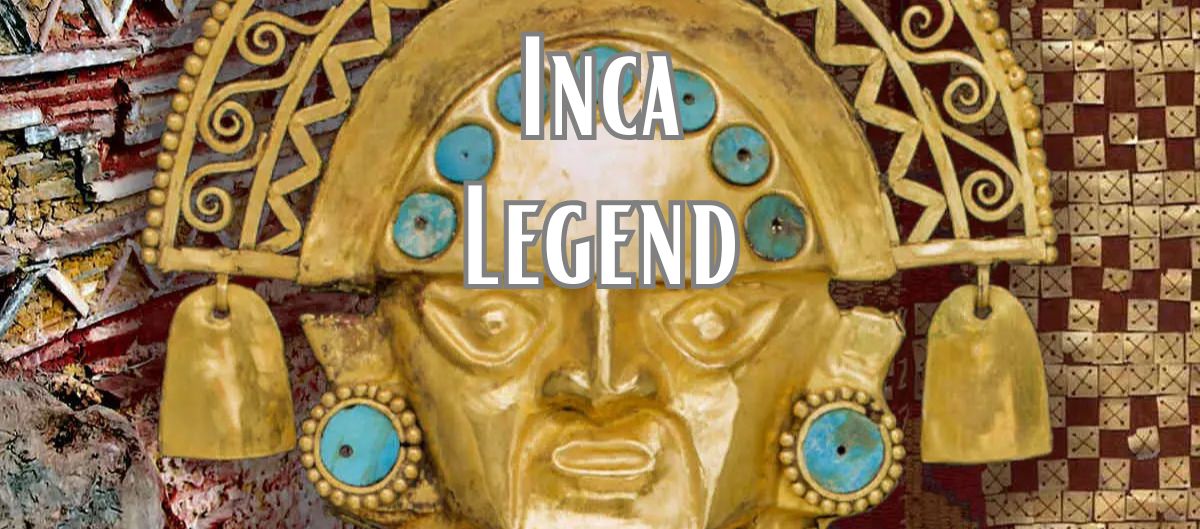Beating Heart of the Inca Empire: History of Ecuador’s People

The Incas are noteworthy for their contributions to religion, architecture, and their famous network of roads throughout the region I recently visited in South America.



The country’s name means “Equator” in Spanish, an abbreviation of the Spanish official name, República del Ecuador.
Likely you’ve heard of Cusco, Machu Picchu, The Lost City of the Incas, The Sacred Valley of The Incas, and the legendary Inca Trail. But Ecuador played a major role in the development of this nation.
The Ecuadorian Inca Trail once connected the Incan empire’s northern capital Quito with the city at its heart, Cuzco in Peru.

It was used to move trade and messengers as well as large marching armies during the civil war that broke out between the two Incan princes, Huáscar in Quito and Atahualpa in Cuzco.
The Incas were not the architects or road builders. Earlier civilizations like the Cañaris in Ecuador, or likely their slaves, did the heavy lifting. The Incas maintained and extended it. And it has another, less familiar title: Qhapaq Ñan, which loosely translates from Kichwa as “great trail of the high Andes.”

In 1533, invading Spanish Conquistadores lead by Francisco Pizarro teamed up with enemies of Incan emperor Atahualpa to capture him. Pizarro knew that, as a living god, only Atahualpa’s death could bring the total defeat of the Incas.
To save his own life, Atahualpa offered Pizarro enough gold and silver to fill the room that he was being kept in.

But the bargain didn’t save him—or the empire. After the treasures were gathered, Pizarro melted down all the gold and silver pots, jewelry, figurines, and other items, then split the treasure among the Spanish invaders.
Even in death the Inca king exerted an influence over his people who believed that his severed head would grow a new body and their ruler would return and defeat the Spanish. They were wrong.
The Inca empire swiftly collapsed in only forty years after Atahualpa’s death but it’s influence in present day Ecuador continues in its indigenous people with a history reaching back over 11,000 years!

Related Posts
Rio de Janeiro and the Girl from Ipanema: Where Music Meets the Sea
Rio de Janeiro is more than a city—it’s sun-soaked poetry. From the iconic Christ the …
May 3, 2025Visit the Most Beautiful Bookstore in the World
It’s called El Ateneo, Spanish for “The Athenaeum”, a place associated with learning, the arts …
April 26, 2025

Leave A Comment